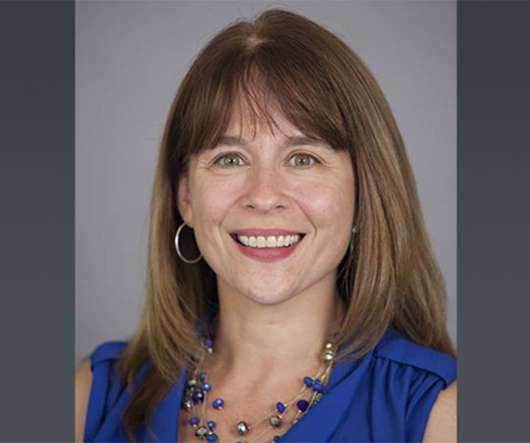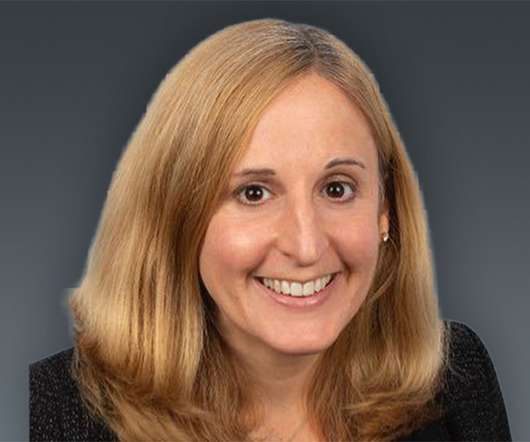Fast Facts: Traumatic Bladder Rupture
PEMBlog
OCTOBER 11, 2023
To diagnose bladder rupture, CT cystography is the preferred diagnostic test. While routine CT scans of the abdomen and pelvis can differentiate between intraperitoneal and extraperitoneal fluid, they are unreliable for diagnosing bladder rupture since they cannot distinguish urine from ascites (fluid accumulation in the abdominal cavity).












Let's personalize your content